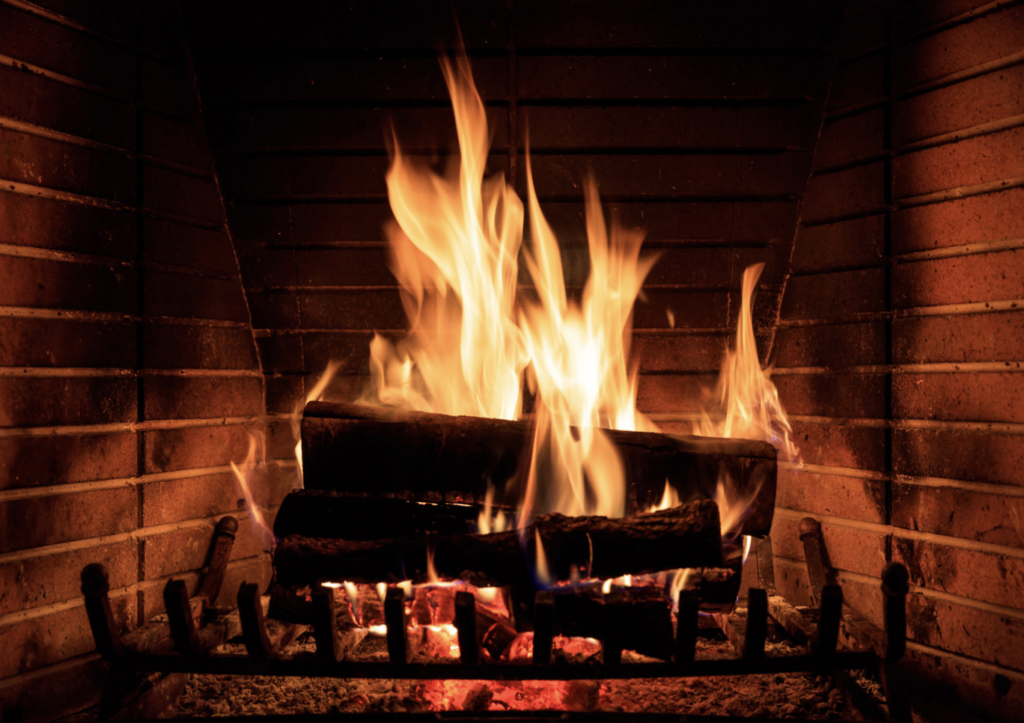The dramatic rise in energy prices – gas is 97% more expensive than last year while heating oil prices keep increasing – is driving people towards wood burning, resulting in shortages that have driven the price of firewood up as well.
People in Belgium are rushing to find alternatives to heat their home ahead of what is predicted to be a tough winter. Earlier this year, this was evident in the increase in sales of wood stoves in the country. Now, the rush to firewood is seeing suppliers working at full speed and still struggling to keep up with demand, according to reports from De Tijd.
Traders are not able to meet the demand due to a limited supply caused by the invasion of Ukraine, high transport costs and Chinese buyers on the European market, a survey by the daily showed. This has resulted in an explosion of prices so that this alternative is no longer financially viable either.
The price of a two-cubic-metre pallet of hardwood cost around €250 last year; this has now doubled. According to Fedustria, the federation of the textile, wood and furniture industry, the same trend is being observed in the pellet market.
This rush has resulted in some firewood suppliers working with waiting lists, and others only serving regular customers.
Cons of woodburning
Aside from woodburning no longer being a cheaper alternative to other heating sources, it is also by no means good for the planet — despite the EU selling energy made by burning wood as ‘renewable’, and even ‘CO2-neutral’ — nor for people's health.
According to one research by the University of Sheffield, wood burners triple the level of harmful pollution particles inside homes, which can pass through the lungs and into the body and have been linked to a wide range of health issues, from respiratory infections and heart disease to lung disease. The effect of this is even worse with open fireplaces.
Related News
- Cold showers, unheated buildings: How Germany will cut gas consumption
- Oil drilling in world’s second largest rainforest in Africa worsens climate crisis
Meanwhile, according to the Vlaamse Milieumaatschappij (VMM), almost half of the emission of particulate matter in Flanders is the result of private wood burning, meaning the cutting of trees further drives air pollution. Additionally, the sourcing of wood can also destroy ecosystems, a Greenpeace Netherlands report found.
It also stressed that burning trees for energy emits more carbon dioxide than coal or gas. "It is literally fuelling the climate and biodiversity crisis."
Flanders' Energy Minister Zuhal Demir already questioned the practice of burning trees to generate power last year, saying "cutting down trees on a large scale and burning them under the guise of ‘renewable energy’ is too hypocritical for words."

